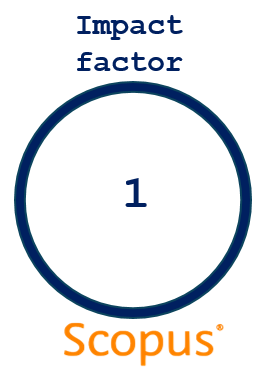ACTA Pharmaceutica Sciencia
2018 , Vol 56 , Num 2
The Effects of Maternal Omega-3 Fatty Acid Supplementation on Breast Milk Fatty Acid Composition
1 Department of Nutrition and Dietetics, School of Health Sciences, Istanbul Medipol University, Istanbul, Turkey2 Department of Medical Biochemistry, Faculty of Medicine, Marmara University, Istanbul, Turkey
3 Department of Nutrition and Dietetics, School of Health Sciences, Istanbul Medeniyet University, Istanbul, Turkey.
4 Department of Nutrition and Dietetics, School of Health Sciences, Fenerbahçe University, Istanbul, Turkey
DOI : 10.23893/1307-2080.APS.05609 Viewed : 17636 - Downloaded : 6425 Breast milk is the first source of omega-3 fatty acids (FA) for infants. We hypothesized that maternal omega-3 FAs supplementation affects the FA composition of breast milk. Thirtysix women received 950 mg omega-3 polyunsaturated (PUFA) supplementation per day for 9 months from 22-24 weeks of pregnancy until the 6 months of lactation and 26 women were enrolled as controls. Demographic data and nutritional status were taken by a questionnaire. Breast milk samples were collected at just after birth and 6 months of lactation. Fatty acids were analyzed by gas chromatography mass spectrometry (GC-MS). Data was assessed using SPSS 22.0 software. The supplementation increased the level of docosahexaenoic acid (DHA) and eicosapentaenoic acid (EPA) while decreased the level of saturated fatty acids (SFA) in breast milk. The ratio of omega-6/omega-3 FAs was also decreased in the supplemented mothers" milk. In conclusion the maternal supplementation of omega-3 FAs improved the DHA and EPA levels. Keywords : Docosahexaenoic acid (DHA); eicosapentaenoic acid (EPA); omega-3 fatty acids; omega supplement; breast milk





